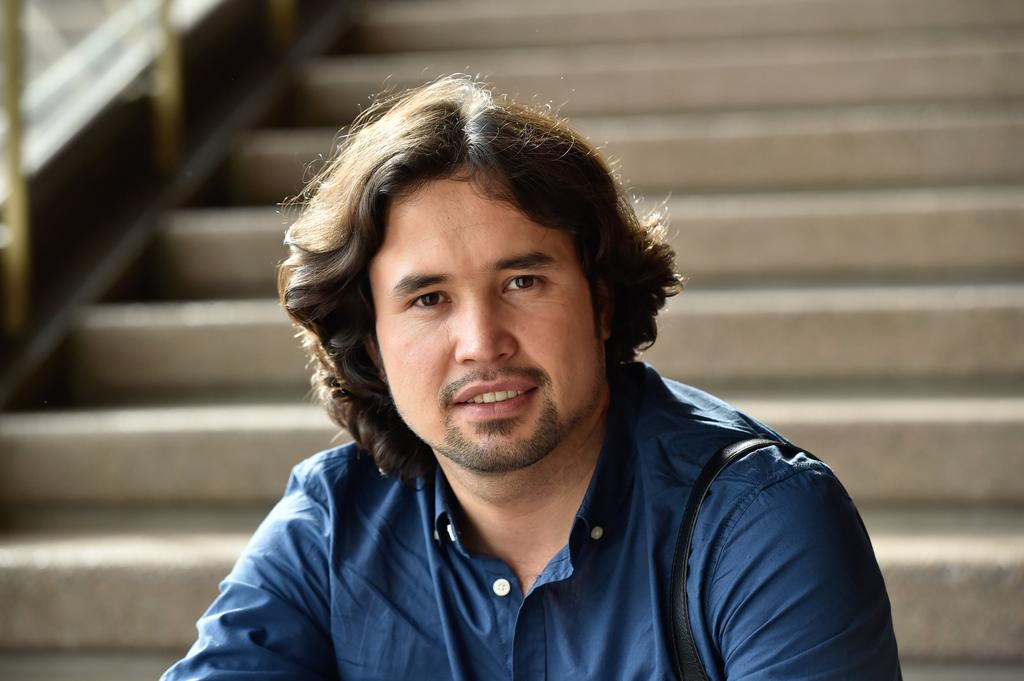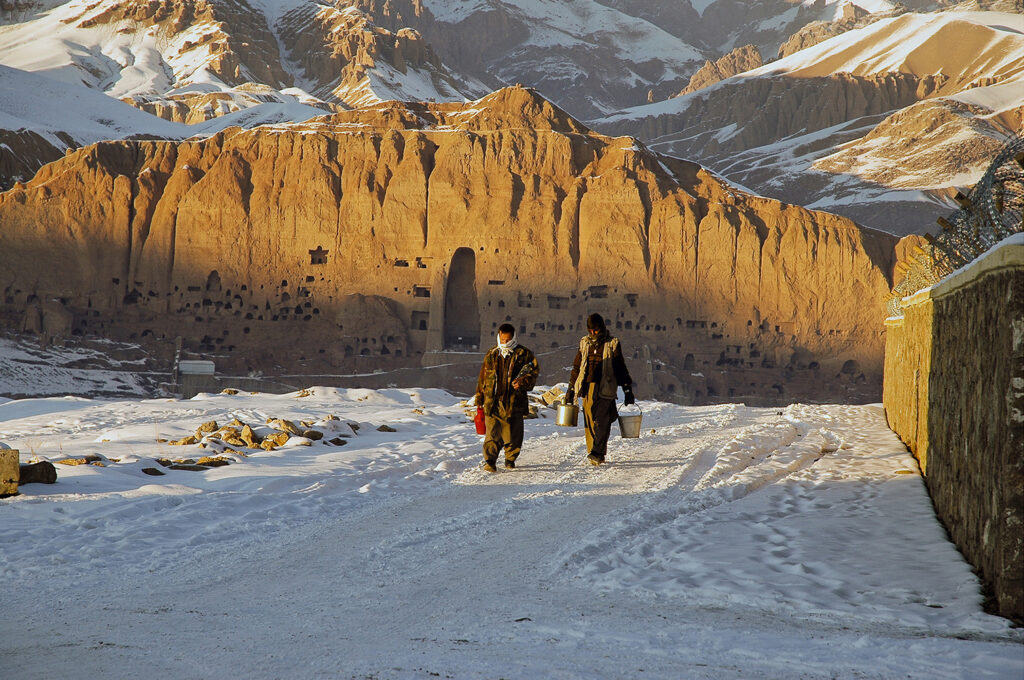Drawing attention to another Afghanistan
Ahead of appearing at Art, War and Another Afghanistan, we spoke with Barat Ali Batoor, a multi-award winning photographer and filmmaker from Afghanistan, about the unexplored beauty of his country.

You’re a Hazara man, and a photographer. How do you use photography to draw attention to the plight of your people and your country? What are some of the challenges to pursuing creativity in the face of conflict?
When I was growing up, I never thought I would become a photographer but I wanted to tell the stories of my people, the Hazaras, and talk about the long history of their persecution and oppression by cruel regimes in Afghanistan. So, I chose photography as my medium of expression. I always try to work on the stories that are around me and are often under-represented. I believe when we work with passion to tell a story honestly and fairly then it will have an impact on the audience.
Working as an artist or storyteller in conflict zones can be difficult and very risky. Someone should either be very brave or naïve to touch the sensitive topics that can put them in great danger. The clear example of that is my story of ‘The Dancing Boys of Afghanistan’. I think I was both brave and naïve to have worked on such a sensitive topic.
How are artists from Afghanistan using their work to respond to the current crisis?
As an artist from Afghanistan, I’ve been using my photos and videos through social media platforms and media outlets to raise awareness of the situation in Afghanistan. Also, I’ve been using these platforms to speak and advocate for those who are at most risk of being persecuted, such as the Hazaras. They have been oppressed for a very long time, and under the Taliban regime their sufferings and vulnerabilities have multiplied.
I think I have to find the root cause [of the crisis] and address that to the people and the world. I believe the issue of the Taliban is not the biggest challenge that Afghanistan is facing and that this was born from a much bigger problem that needs to be addressed, that is the fascism and monopoly of power for centuries in Afghanistan.
Afghanistan is often misrepresented in the mainstream media. What’s one thing you’d like people to know about the Afghanistan that you know?
The problems in Afghanistan have always been racially motivated under different names and agendas. The monopoly of power has caused Afghanistan to be in continued turmoil. If the root cause is not addressed, it is not going to be solved for many generations to come. The only solution for peace and stability in Afghanistan is the decentralisation of power and true representation of all ethnic groups in power sharing and decision-making. What we see usually in mainstream media is only about radicalisation or extremism, but the root cause is different and that should be highlighted and addressed.
As well as people, you often photograph Afghanistan’s landscapes. What is it that draws you to documenting these natural places?
Afghanistan is a beautiful country and many places haven’t been really explored. When I first went to Afghanistan after the U.S. invasion, I was tired of all the news of destruction and dead bodies. I wanted to draw the attention of the world to the beauty of the land and to the culture and tradition of people as well. I soon realised we can’t ignore the suffering of people and they are very important to be highlighted.

Is there a particular photograph you’ve taken that sticks out in your mind? What was it and why is it so memorable?
There are many photographs which are very close to my heart and I have memories attached to, but I would like to mention one of the last photos that I took in Bamyan, in central Afghanistan. It is of two men fetching water, where the empty niche of the destroyed buddha is in the background at sunset. I miss that place dearly.
Barat Ali Batoor appears in Art, War and Another Afghanistan on Wednesday 13 September at The Wheeler Centre. Find out more.
Related Posts

Read
Anne-Marie Te Whiu Receives The Next Chapter Alumni Poetry Fellowship
2 Apr 2024

Read
What's on in April: Resident Organisation Round Up
28 Mar 2024

Read
Blak & Bright First Nations Literary Festival returns in 2024
7 Mar 2024

Read
What's on in March: Resident Organisation Round Up
29 Feb 2024

Read
Hot Desk Extract: International
23 Feb 2024

Read
Hot Desk Extract: The Rooms
23 Feb 2024
Share this content